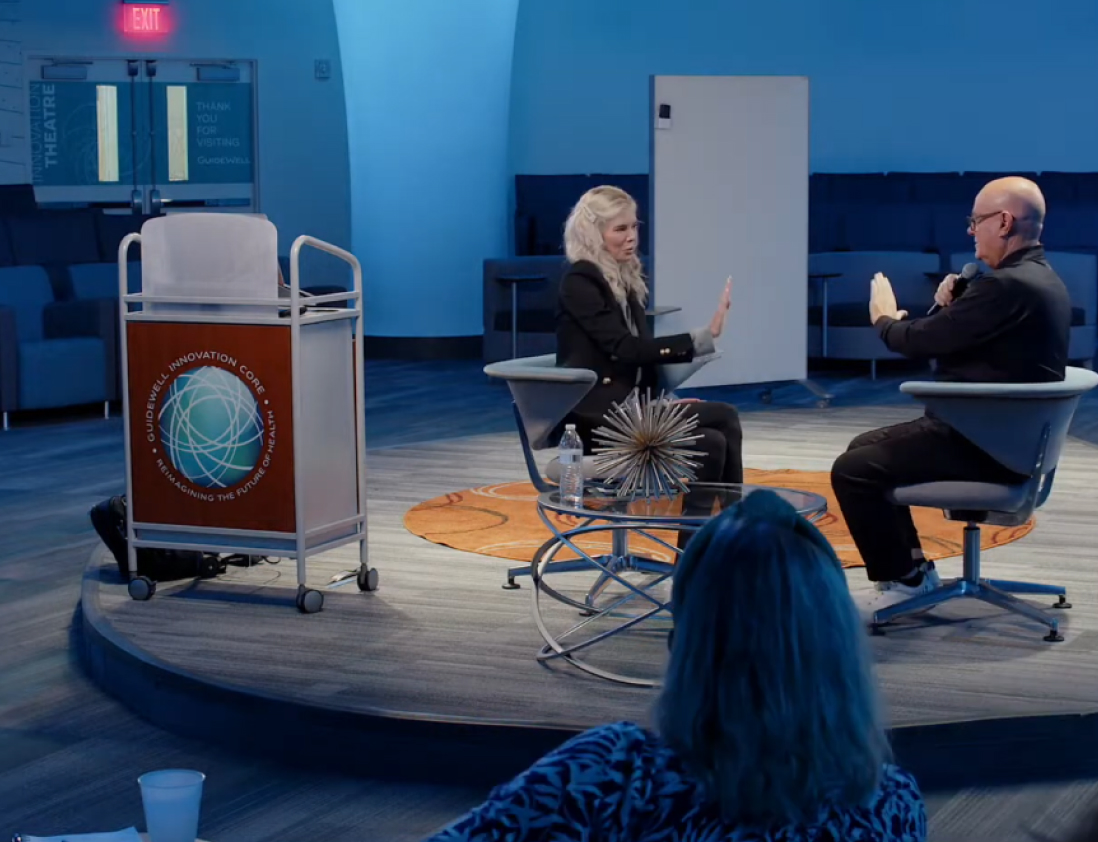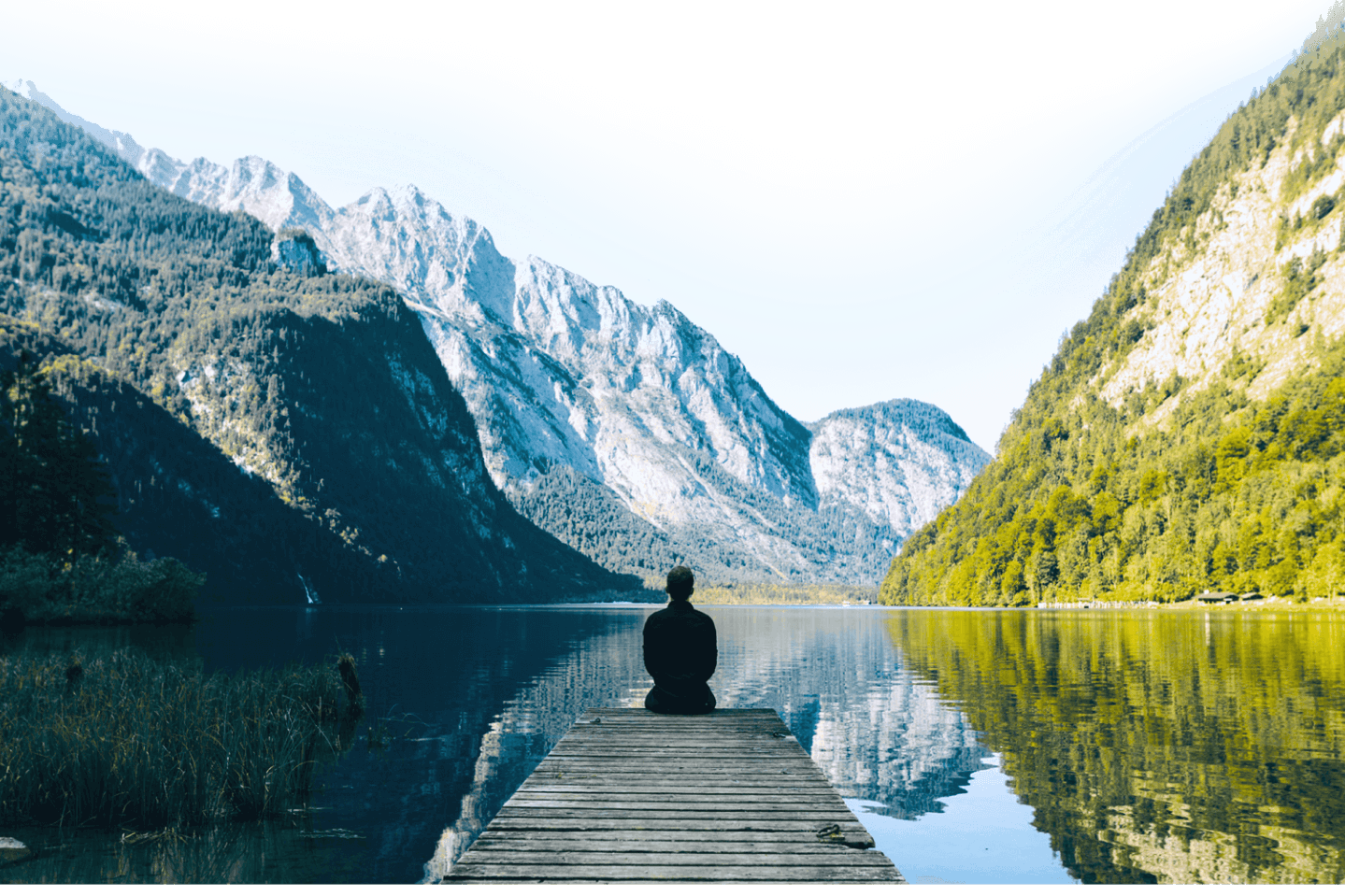Work directly with Dr. Wood in our Orlando office’s (or via Zoom) for a fully personalized experience. We'll tackle your specific challenges together, with immediate feedback and tailored guidance. This hands-on approach ensures focused, one-on-one support, helping you achieve deep, lasting transformation.
Read More >
Unlock the same life-changing results of the TIPP program, wherever you are. Our digital program gives you the flexibility to transform your mind from the comfort of your home, without sacrificing results.
With lifetime access to Dr. Wood’s private community and monthly webinars, you’ll receive ongoing support to ensure your success —all at a more affordable price.




Our program targets the root causes of stress, anxiety, PTSD, and addiction, helping you achieve real and lasting transformation.

Whether it's finding calm and joy, improving relationships, or excelling in sports or work, TIPP clears the mental blocks that hold you back so you can thrive.

Get life-changing results faster than you thought possible—without the need to relive painful memories. TIPP reprocesses trauma gently, helping you move forward with ease.

TIPP empowers you to reclaim your mental clarity and emotional freedom, enabling you to live with purpose, confidence, and fulfillment.


Receive these three videos to start boosting your performance and getting more clarity, focus, and calm for your personal and professional life!





Talk to one of our TIPP advisors to help you decide what TIPP Experience would be best for you
We focus on the neuroscience of trauma resolution, ensuring lasting results.
Talk to one of our TIPP advisors to help you decide what TIPP Experience would be best for you
In just four hours, you’ll begin to feel the weight of trauma lift off your shoulders.
With daily 8-minute exercises, you’ll train your brain to let go of past pain and unlock your true potential.
Get back in the driver’s seat and finally live the life you know you deserve.




Hundreds of people transformed their lives using our patented program. We can help you heal and unlock your next gear, too.